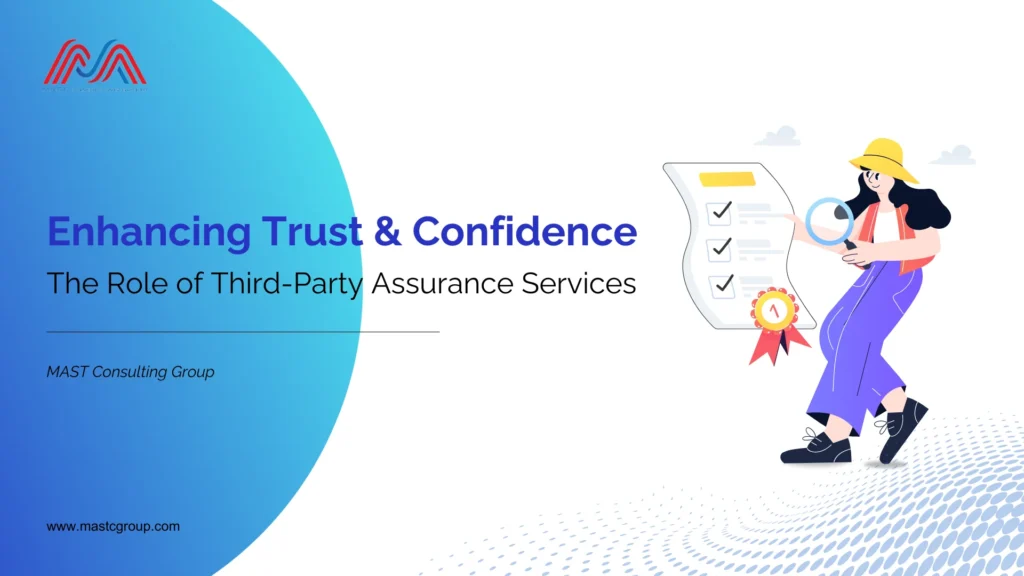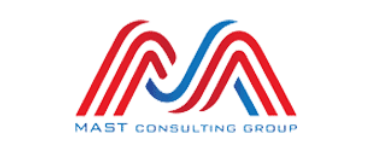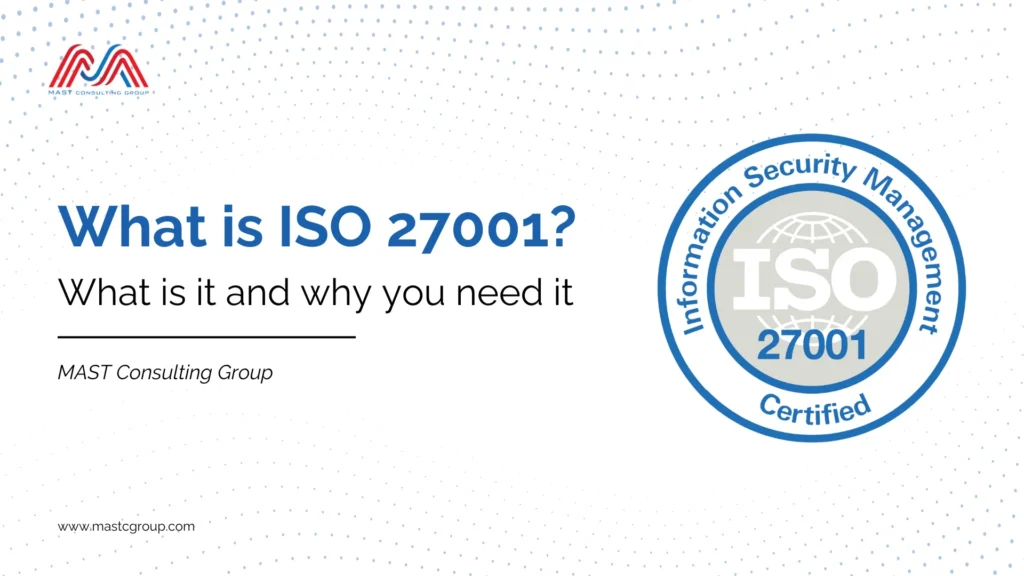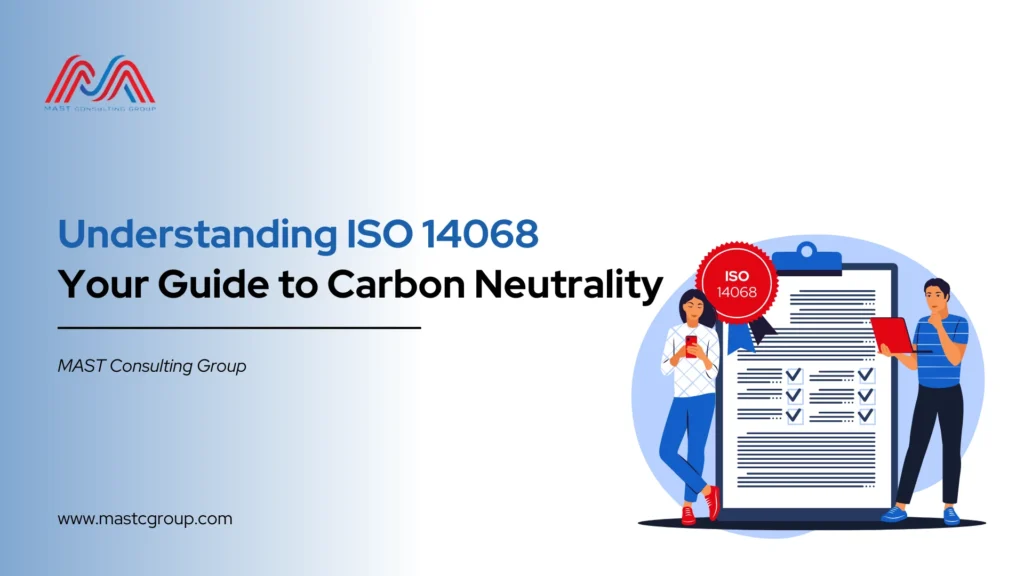
Organizations in an increasingly interconnected business environment often rely on third-party vendors, suppliers, and service providers to fulfil critical functions. While these relationships offer numerous benefits, they also introduce new risks and challenges concerning data security, compliance, and operational resilience. Organizations turn to third-party assurance services to mitigate these risks and build trust with stakeholders.
What are Third-Party Assurance Services?
Third-party assurance services are processes and activities designed to give stakeholders confidence and assurance regarding the reliability, integrity, and security of an organization’s third-party relationships. Independent auditors or assessors typically conduct these services and can encompass various activities, including audits, assessments, and certifications.
The Importance of Third-Party Assurance Services
- Risk Management: Third-party assurance services help organizations identify, assess, and mitigate risks associated with their third-party relationships. Organizations can take proactive measures to protect their interests by understanding the risks.
- Compliance: Many industries and jurisdictions have specific regulations and standards that govern third-party relationships, such as GDPR, HIPAA, and PCI DSS. Third-party assurance services help ensure compliance with these requirements, reducing the risk of non-compliance penalties and reputational damage.
- Operational Resilience: By assessing the security and reliability of third-party vendors and service providers, organizations can enhance their operational resilience and reduce the likelihood of disruptions to their operations.
- Stakeholder Confidence: Third-party assurance services provide stakeholders, including customers, partners, and investors, confidence that an organization’s third-party relationships are managed effectively and securely. This can enhance trust and reputation in the marketplace.
Types of Third-Party Assurance Services
- Third-Party Audits: Independent audits of third-party vendors to assess their compliance with contractual obligations, industry standards, and regulatory requirements.
- Vendor Risk Assessments: Comprehensive assessments of third-party vendors to evaluate their security practices, data protection measures, and overall risk posture.
- Service Organization Control (SOC) Reports: Reports that assure the security, availability, processing integrity, confidentiality, and privacy of a service provider’s systems.
- Compliance Certifications: Certifications demonstrate a third-party vendor’s compliance with specific standards, such as ISO 27001 for information security management or SOC 2 for data security and privacy.
Conclusion
Third-party assurance services are crucial in helping organizations manage risks associated with their third-party relationships and build trust with stakeholders. By leveraging these services, organizations can enhance their resilience, protect their data, and demonstrate their commitment to security and compliance.



